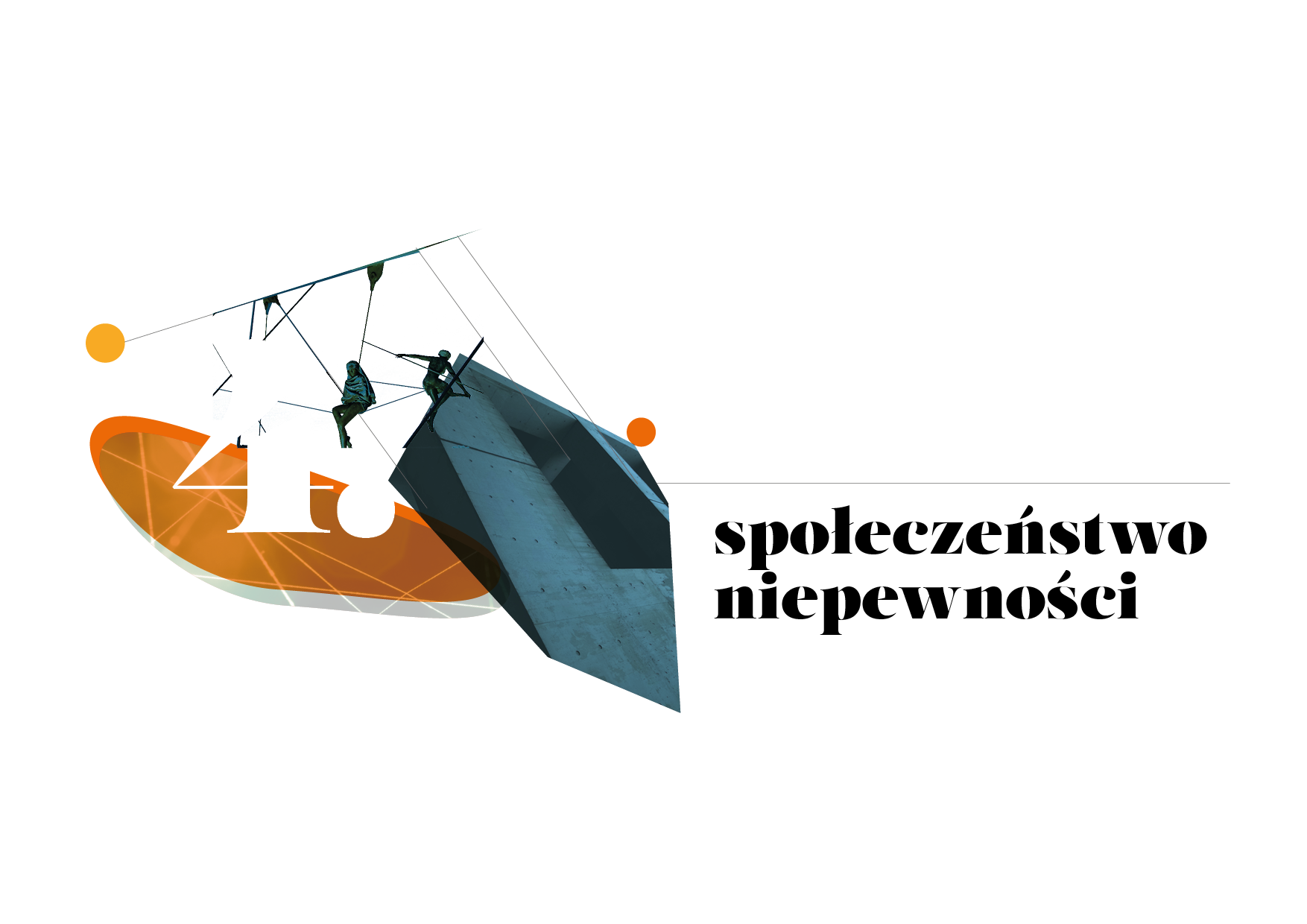Nauki społeczne wobec zmiany
Sympozjum
Numer: S06
Prowadzenie: Agnieszka Kolasa-Nowak (UMCS)
Data i godzina: 15.09, 11:00
Miejsce: SGGW, BUD. 6, Sala D-22
 Written by ptsadmin
Written by ptsadmin
Sympozjum będzie dotyczyło sytuacji nauki, a w szczególności socjologii wobec współczesnych przemian technologicznych i społecznych.
Socjologia od początku swojego istnienia była zawsze uwikłana zarówno w badanie rzeczywistości społecznej i jej zmian, jak i w tych zmian współtworzenie, a co najmniej ich projektowanie, rysowanie alternatywnych scenariuszy ewolucji społeczeństw, zarówno w formie prognoz ostrzegawczych, jak i pożądanych wizji reform społecznych.
Chcemy zająć się zachodzącymi obecnie zmianami socjologii na tle przemian funkcji nauki jako takiej. W tych ramach ważną kwestią jest społeczny odbiór nauki, a zwłaszcza spadek zaufania zarówno do instytucji nauki, jak i do ekspertów. Naukowa wiedza społeczna powstaje dziś nie tylko na uniwersytetach, ale także w obrębie szeroko rozumianych środowisk eksperckich. Dlatego oprócz jej związków z otoczeniem istotna jest także kwestia relacji nauki instytucjonalnej z konkurencyjnymi ośrodkami tworzenia wiedzy naukowej. Chodzi także o odpowiedź na pytanie na ile obserwowane przez nas obecnie tendencje są bezprecedensowe, a na ile wpisują się we wcześniej znane cykle wzajemnych relacji między naukami społecznymi a światami polityki i gospodarki.
Konieczność zmierzenia się z postępującą złożonością współczesnego świata skutkuje w badaniach naukowych rozwojem podejścia interdyscyplinarnego i różnorodnością metodologiczną. Z drugiej strony obserwujemy zjawisko postępującej subdycyplinizacji socjologii, które jest inną odpowiedzią na różnicującą się współczesność. Proces ten oznacza segmentację oraz rozmywanie granic dyscyplinarnych. Zarysowane tendencje zmian w socjologii mogą skutkować osłabieniem jej tożsamości, rozmyciem zakresu kompetencji i utratą prawomocności do wskazywania wyzwań przyszłości. Chcemy zapytać o ocenę stanu socjologii w Polsce i jej tożsamości oraz zastanowić się jakie jest dziś miejsce socjologii w przestrzeni publicznej w Polsce.
Ważny jest także problem integracji separujących się obszarów badań socjologicznych w budowaniu projektów społeczeństwa przyszłości. Jednym aspektów, które chcemy podjąć jest kwestia koegzystencji wiedzy socjologicznej i potrzeb praktyki w zarządzaniu problemami społecznymi. W tym kontekście należy zwrócić uwagę na rolę ekspertów i użyteczność stosowanej wiedzy socjologicznej.
Proponujemy rozważenie tych problemów i próbę odpowiedzi na pytanie czy rozpoznajemy je w środowisku jako zagrożenia oraz jakie podejmujemy kroki, by im przeciwdziałać.
Abstrakty wystąpień
English
Social sciences in the face of change
The symposium will focus on the situation of sociology in the face of contemporary technological and social changes.
From the beginning of its existence, sociology has always been involved both in the study of social changes, as well as in co-creating, designing them or at least drawing alternative scenarios of the evolution of societies, both in the form of warning forecasts and visions of desirable social reforms as well.
We want to deal with the changes in sociology taking place at present in the context of the changing function of science as such. In this framework, an important issue is the public perception of science, and especially the decrease in trust both in science institutions and in experts. Knowledge about society is nowadays created not only at universities, but also within broadly understood expert circles. Therefore, the issue of the relationship of institutional science with competing centers for the creation of scientific knowledge is also important. We are also interested in answering the question to what extent the current trends are unprecedented or whether they fit into the previously known cycles of mutual relations between social sciences and the worlds of politics and economy.
The need to deal with the complexity of the modern world results in the development of an interdisciplinary approaches and growing methodological diversity of social science. On the other hand, we observe the process of subdisciplinization of sociology. It involves further segmentation and blurring of disciplinary boundaries. These tendencies in sociology may result in weakening of its identity, blurring the scope of competences and the loss of legitimacy in identifying the challenges of the future. We want to make an assessment of the state of sociology in Poland, and its place in the public sphere.
Integrating different areas of sociological research in the aim of creating new social projects for the future is also important. Another aspect that we want to take up is the issue of sociological knowledge in managing social problems. In this context, attention should be paid to the role of experts and the usefulness of the applied sociological knowledge.
We also propose to consider the question whether we recognize all these problems as threats to our science and what steps we should take to counteract them.

